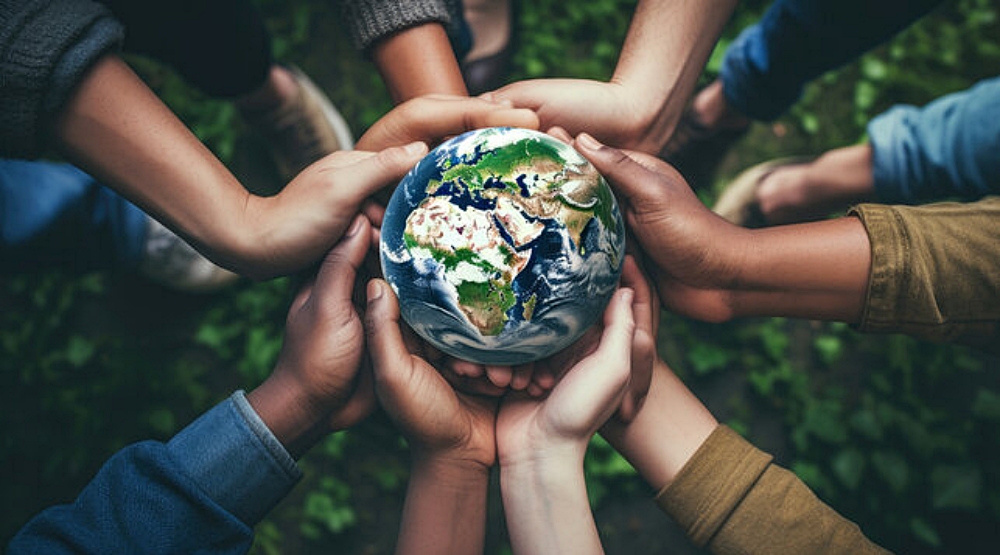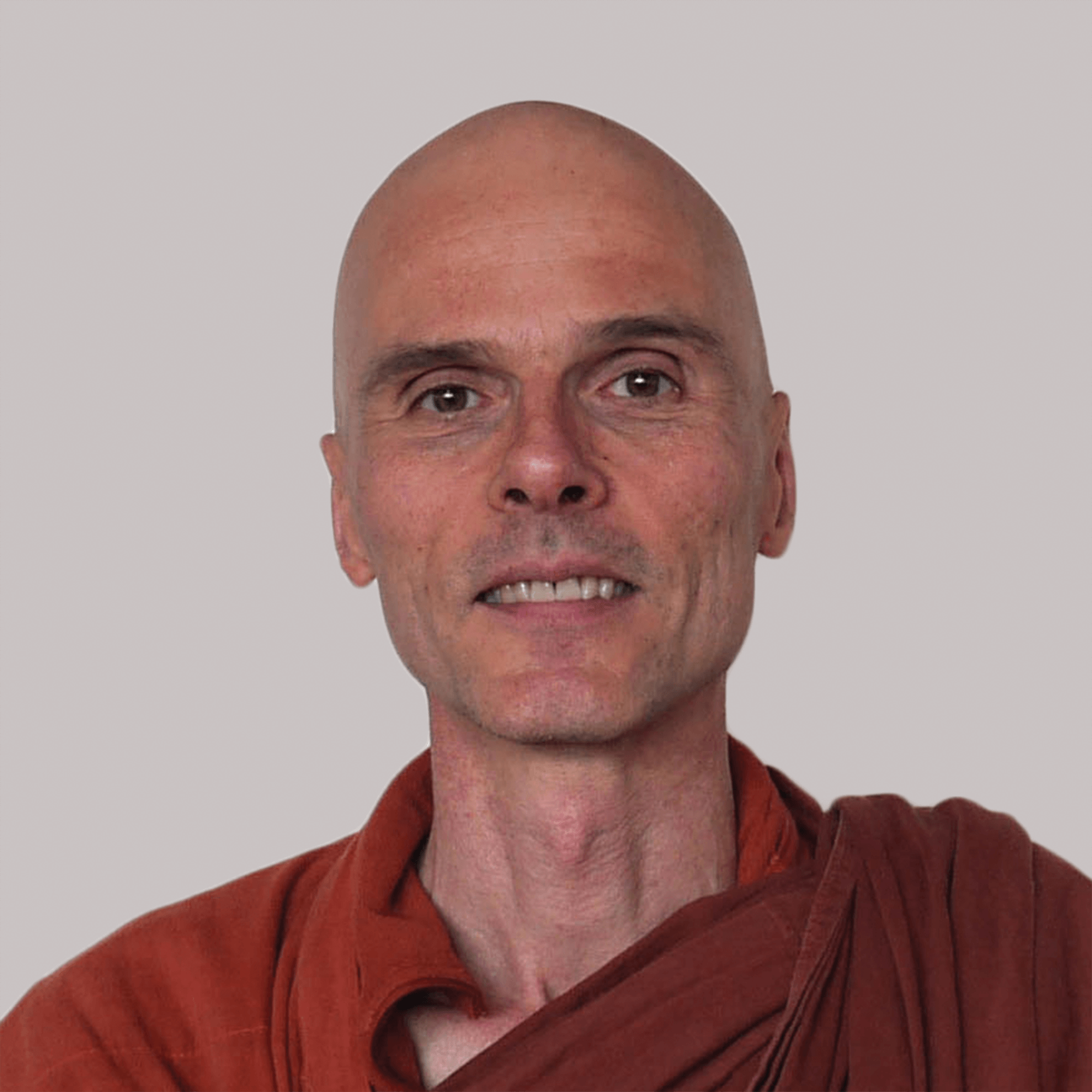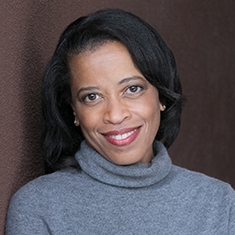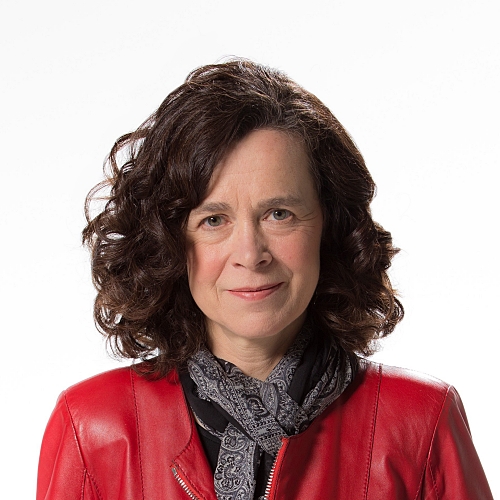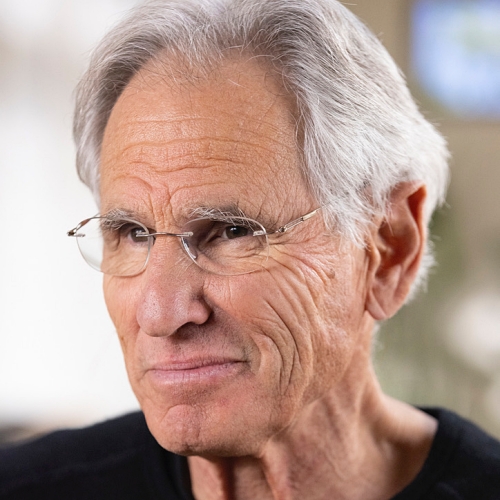Rebecca Henderson, John and Natty McArthur University Professor at Harvard University and a fellow of both the British Academy and the American Academy of Arts and Sciences, will teach on Saturday mornings in November. Rebecca is a renowned scholar whose research focuses on how societies and economies can change to become more sustainable and just. Rebecca will teach about where we are now with regard to climate change, the resources we have to respond to the many dynamics of a changing climate, what is currently holding us back, what are the pathways and theories of change, and what we as individuals can do to contribute to a more life-sustaining world.
Dates:
November 1, 8, 15, and 22 from 10:30 AM to 11:30 AM ET
Topic:
If acting to mitigate and adapt to climate change are, as Bhikkhu Anālayo suggests, ethically required by the teachings of the Buddha, what kinds of actions and practices should Buddhists pursue? In these four one-hour lectures/discussions, I will explore this question, drawing on a wide range of examples.
Session 1: Hope is Not Lost
If climate change and ecosystem degradation pose an imminent threat to the well-being of the planet and of our civilization, what can be done? The good news is that we have – in principle – both the technology and the resources to “solve” climate change – and there has been enormous progress. In this session, we will explore both the mainstream responses to climate change and ecosystem degradation, and the huge range of alternatives that have also emerged – from reimagining capitalism to community regeneration to rewilding. We will also look at the data suggesting that while we have many promising solutions we are deploying them far too slowly.
Session 2: What is Holding Us Back?
This session will explore the range of factors that have made it difficult for humans to respond at the necessary speed and scale. Key ideas include: problems in time, scale, and cooperation – why is it so hard for our societies to focus on the long term and to cooperate at a global scale? The mechanics of denial, depression, and fear, both individually and at group and social levels. The structure of power and politics and the importance of incumbent power. The dominant social imaginary and its narrative of competition and scarcity as a cultural, institutional, and psychological cage. Is this a political problem, a cultural/psychological problem, or both?
Session 3: Pathways to Change
How can we – as individuals, communities, organizations, nations, and a species – begin to overcome some of these barriers? In this session, we will explore a wide range of answers by exploring both the work on the ground and the theory of change of a number of powerful change makers – and we will also look at how humans have handled these kinds of transitions historically. Is the answer political engagement, and if so, of what kind? What role can institutions like firms, schools, and cities play? People in media? In psychology? What can individuals do?
Session 4: All About YOU
In the closing session, we will explore what all this means for YOU. What are you called to do in this space? How can you resource yourself as you attempt to do it?
Readings + Videos:
- November 1
- November 8
- November 15
- November 22
- Reimagining Capitalism by Rebecca Henderson (Chapter 7)
- Fixing the Climate by Victor and Sabel (Chapters 1 and 5)
